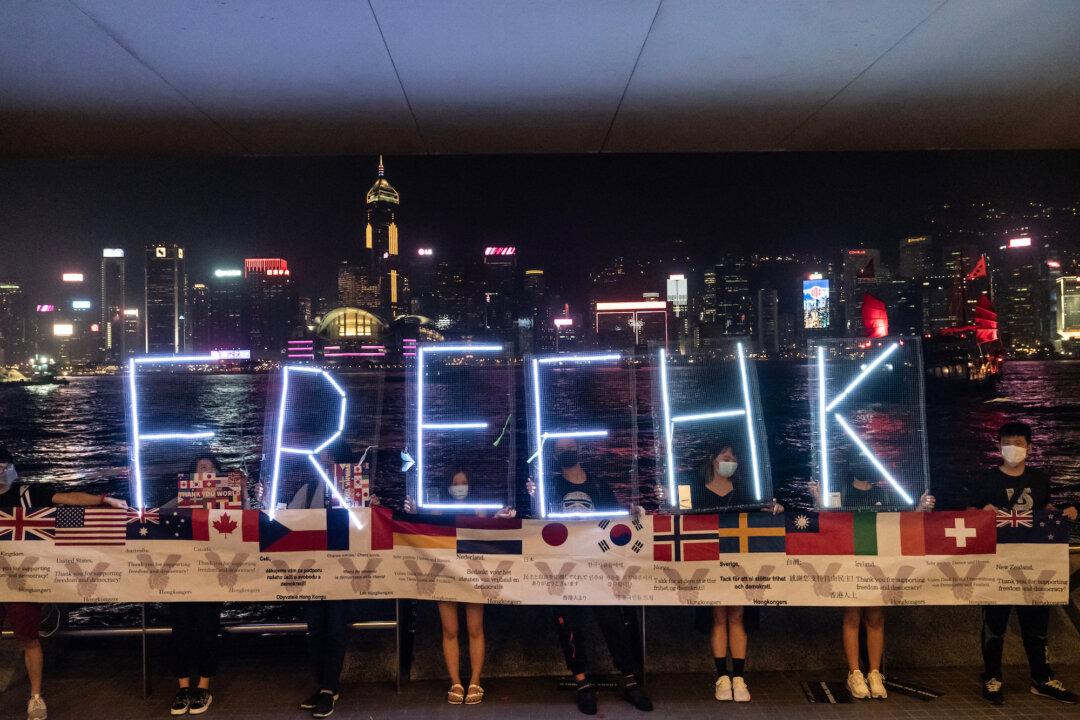News Commentary
Last weekend, dozens of cities around the world staged protests in support of Hong Kong’s Anti-Extradition Law Amendment Bill Movement (Anti-ELAB Movement).

Last weekend, dozens of cities around the world staged protests in support of Hong Kong’s Anti-Extradition Law Amendment Bill Movement (Anti-ELAB Movement).